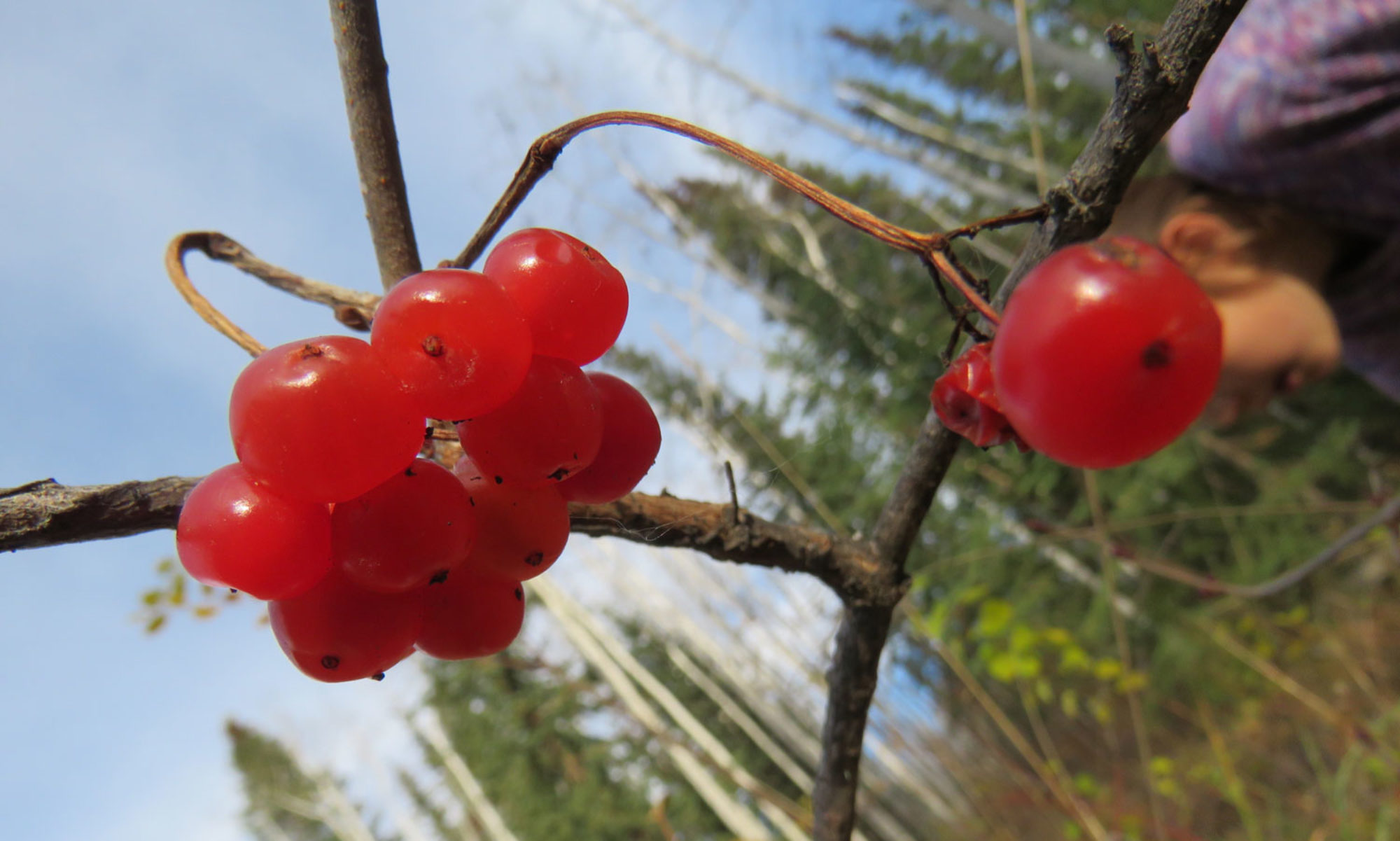
Like many communities north of the arctic circle, there is no viable soil in Svalbard. How does one grow local food if there is no local soil? In 2015 Chef Vidmar started a company called Polar Permaculture Solutions, whose goal is to apply permaculture principles and ecological design to create a circular economy in Longyearbyen, and “to connect people back to their food.”
Working at the time as head chef at the Svalbar Pub, he noticed how all the food was being flown or shipped to the island. However, in the past food had been grown on Svalbard, and Vidmar wanted to return to that tradition — but with some modern enhancements and without having to ship in soil. Vidmar started with hydroponic systems using commercial fertilizer, but felt he could do better.
Why ship fertilizer up to the island, he reasoned, when there is so much food waste available to compost and produce biogas? Food waste in his town is dumped into the sea, and he took up the challenge to grow locally-grown food making use of available resources on the island. Polar Permaculture researched what others were doing around the Arctic, and opted to go with composting worms, specifically red worms, which excel at producing a natural fertlizer from food waste. He got permission from the government to bring worms up to the island, which took a year and a half, but “was worth the wait.”
Vidmar’s company is now growing microgreens for the hotels and restaurants on the island. Fine dining chefs use microgreens to enhance the attractiveness and taste of their dishes with their delicate textures and distinctive flavors. During the growing process, worm castings are produced, and this natural fertilizer that can be used to grown more food.
In addition to composting with worms, Polar Permaculture has started hatching quails from eggs and is now delivering fresh locally produced quail eggs to local restaurants and hotels. Their next step will be to get a bio-digestor setup and to produce biogas with it. The worms are mostly vegetarian, but with a digestor, the operation will be able to utilize manure from the birds, as well as food waste that would normally be dumped into the sea.
This will also allow them to produce heat for their greenhouse, as well as produce electricity that can run generators to power the lights. A natural fertilizer also comes out of the digestor, which will then be used to grow more food for the town. What started as one chef’s personal journey has become a local permaculture operation that is reshaping the nature of the local food economy, and providing an inspiration for other Northern communities interested in food sustainability.
